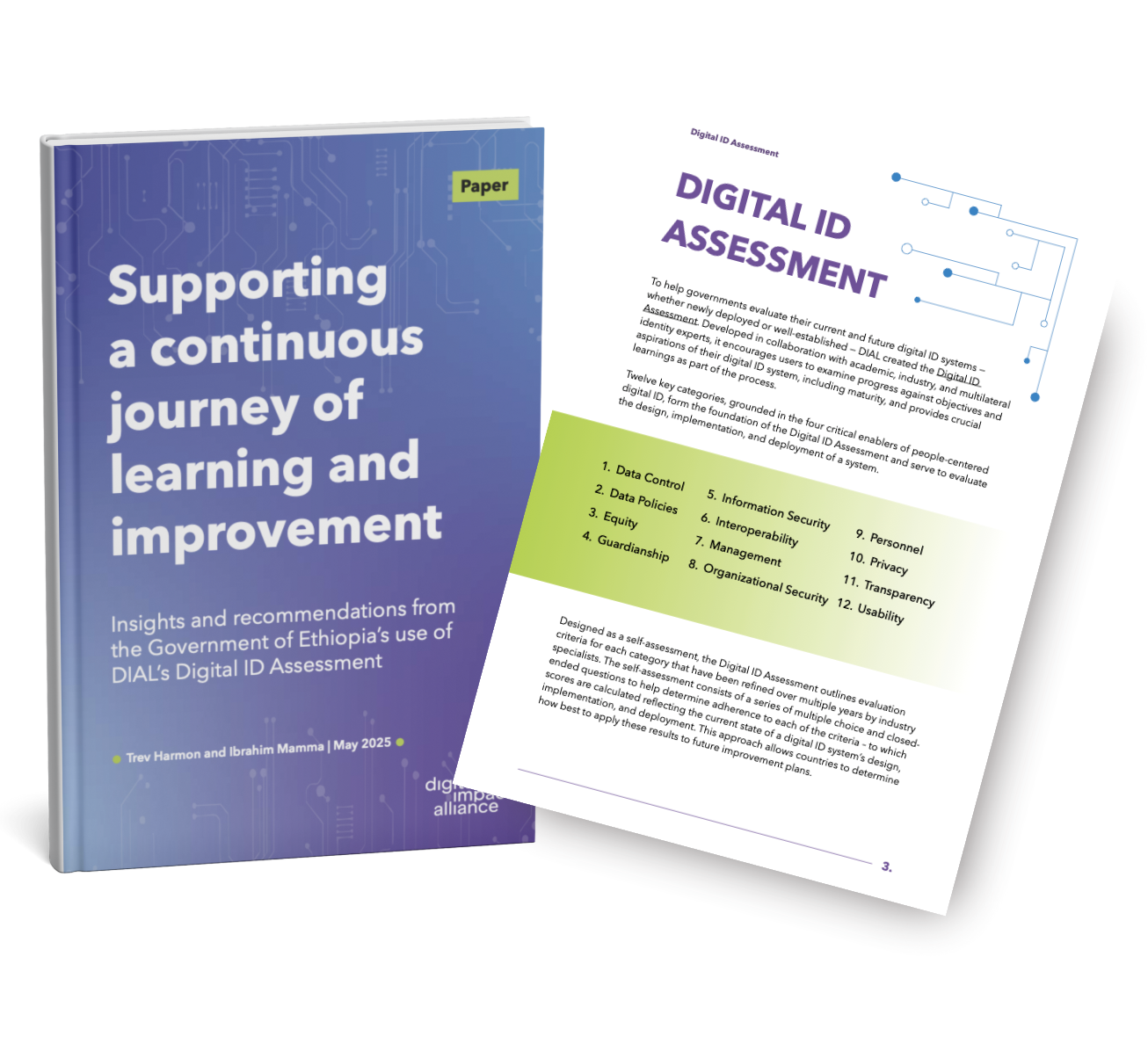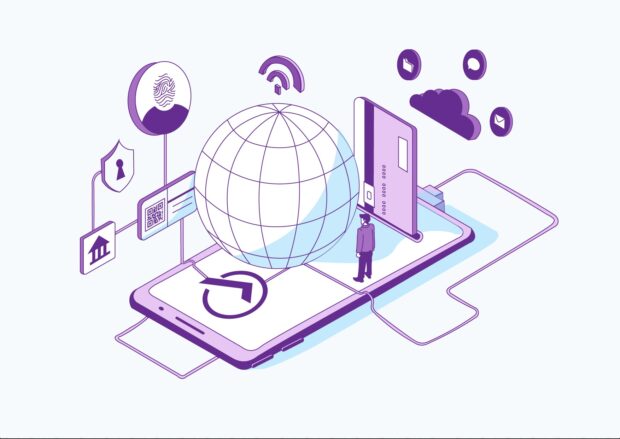
Digital ID is a foundational layer of a digital public infrastructure (DPI) approach, enabling trusted data exchange and transactions between parties. It can be a powerful tool for driving social and economic development by streamlining the delivery of — and promoting equitable access to — essential public and private services, including health care, education, and financial inclusion.
At its core, an ID solution must be built for those it serves, prioritizing their needs and aspirations, as noted in the UN’s Universal DPI Safeguards Framework. This requires more than just good technology — it demands a thoughtful, multi-faceted approach to design, implementation, and governance that recognizes the diverse realities of everyone who relies on the digital ID system. This is made up of four critical enablers: technology, policies and regulation, oversight and accountability, and human capacity. Together, these enablers form the foundations of a people-centered digital ID system, as well as help build and sustain trust – a cornerstone of long-term success.
Trust, inclusion, and transparency are the core of Ethiopia’s approach to its digital ID system — FAYDA. Ethiopia’s National ID Program (NIDP), in charge of deploying FAYDA, has been exploring ways to better evaluate its design — understanding where the system is strong and where improvements are needed to support future growth and ensure positive outcomes for people. In early 2025, NIDP leveraged the Digital ID Assessment, developed by the Digital Impact Alliance (DIAL), as part of its commitment to continuous learning and improvement. This paper explores how the tool was effectively deployed and highlights good practices that support its use within a broader approach to learning and development.
Learn more.
For more information on Ethiopia’s self-assessment process, including NIDP’s key learnings, read their report, From Insight to Impact: Ethiopia’s National ID Program’s Self-Evaluation of FAYDA.
And, to learn more about our work in Ethiopia – including how we’re partnering with key stakeholders to help strengthen the country’s data and digital ecosystems – read about our efforts.







